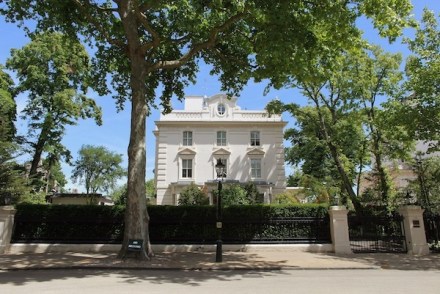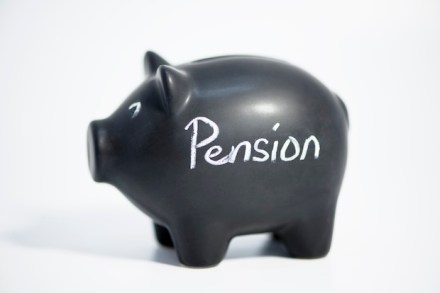Energy, renting, wages and savings
Consumers who are forced to have prepayment energy meters put in should face a maximum installation fee of £150, the regulator has proposed. Currently such energy users – already the most vulnerable to debt – face a charge of up to £900, said Ofgem. As many as 4.5 million people use prepayment meters for electricity, while 3.5 million use them for gas. Consumers who pay in advance also face higher energy bills, although from April 2017 these prices will be capped. Renting London is no longer the world’s most expensive city in which to rent, The Telegraph reports. This is according to the CBRE Global Living report, which monitors property costs in 35





















